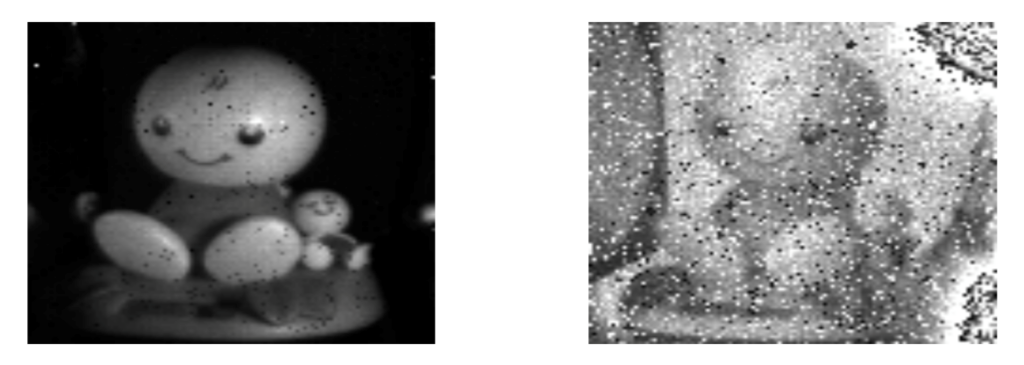$2 million DARPA contract to advance bio-inspired event based cameras in 3D CMOS technology
Research conducted by Andreas Andreou, a Professor in the Department of Electrical and Computer Engineering (ECE) and member of the Center for Language and Speech Processing, as part of a $2 million contract with the Defense Advanced Research Projects Agency (DARPA) will advance bio-inspired event based camera architecture with embedded computation. The work will continue 20 years of designing neuromorphic sensor systems and silicon brains in 3D complementary metal–oxide–semiconductor (CMOS) technologies.

The project is led by the Northrop Grumman Corporation, and involves former JHU ECE student Kwabena Boahen, BS ’89, MSE ’89, who is a Professor at Stanford University, as well as Gert Cauwenberghs, previously a Professor with JHU ECE who currently holds the same title at University of California, San Diego.
Notable experimental designs in the lab includes the first CMOS polarization camera and a contrast sensitive silicon retina designed by Boahen. Event based and 3D CMOS technologies were the basis of a camera with “infinite” dynamic range that was designed as part of his Ph.D. research by ECE PhD alumnus Joe Lin. A single detector and electronic circuit in the pixel can be configured to be a standard CMOS camera, such as the ones found in a smart phone, or to operate as a Geiger mode imager capable of detecting single photons allowing it to be used in low light level conditions and also in LIDAR applications. Lin is now with the Advanced Imager Technology at MIT Lincoln Labs.


